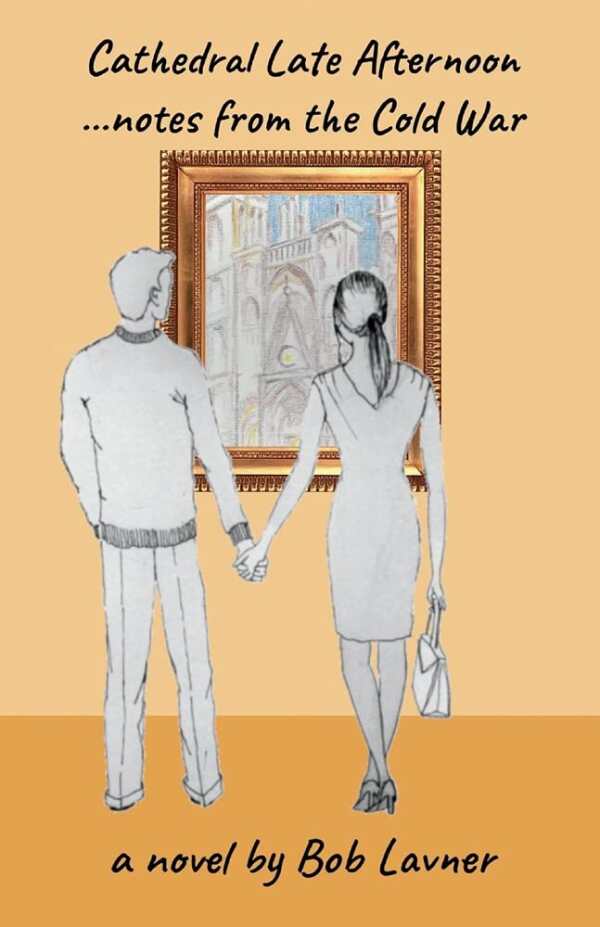
Cathedral Late Afternoon
Notes from the Cold War
In the historical novel Cathedral Late Afternoon, a Jewish American soldier in post-war Germany has experiences that change his trajectory.
In Bob Lavner’s historical novel Cathedral Late Afternoon, an American soldier witnesses Germany’s reconstruction after World War II—and its involvement in a conflict with Russia.
Aaron is a history buff who becomes a soldier during the Cold War. He’s Jewish, but he declines an offer to opt out of being stationed in Germany because of this. In country, he learns that the German people, who are in the process of recovering from Nazism, are trying to carve out a new culture and reputation for themselves.
Aaron also meets Liesl, who loves art; together, they find refuge from the realities of wars. They peruse galleries in Paris together, and they later exchange thoughtful letters. Liesl’s explanations of art, as of how Monet’s work can be seen differently in different lights, influence Aaron, who comes to himself observe wars as multifaceted. His experiences and observations in post-war Germany later prompt him to become a journalist, intent on capturing continuing conflicts around the world.
Aaron, who was drafted into service, takes a lackadaisical approach to his military tasks. He is unconcerned with proving himself or advancing in the military’s ranks. As a guide through Germany, he sticks to thoughtful details, preferring to present European history through features like the continent’s architecture. For example, he is prone to presenting buildings in terms of their mix of original influences and political significance, the wars that tore parts of them apart, and their new aspects, which may be said to represent modern philosophies. In this way, he’s a perceptive witness to the post-war setting—and to the strain between East and West Germany.
Elsewhere, Aaron also comments on military dynamics, including the blurred line between camaraderie and bullying; and he meditates on the bombing of Japan, and Germany’s decision to embrace fascism. Musings on how people developed the weapons leading up to the nuclear age, Cold War weapons concerns, and the victory represented by Sputnik also become a means for him to internally connect the dots of history, war, and culture. Still, his informative historical commentary tends to be dense; it overwhelms the story and impedes its progression.
More humanizing than Aaron’s thoughts on war and weaponry are his relationships: with Liesl; with his troop mates. His work as a journalist also proves more engaging than the book’s meditative sections. Still, these active elements are prone to fading from the narrative as it moves forward, and are reduced to mere questions by its end. The book becomes most about Aaron working to stay optimistic, and to maintain his sense of humor, despite all that he’s experienced.
In the historical novel Cathedral Late Afternoon, a Jewish American soldier in post-war Germany has experiences that change his trajectory.
Reviewed by
Delia Stanley
Disclosure: This article is not an endorsement, but a review. The publisher of this book provided free copies of the book and paid a small fee to have their book reviewed by a professional reviewer. Foreword Reviews and Clarion Reviews make no guarantee that the publisher will receive a positive review. Foreword Magazine, Inc. is disclosing this in accordance with the Federal Trade Commission’s 16 CFR, Part 255.
